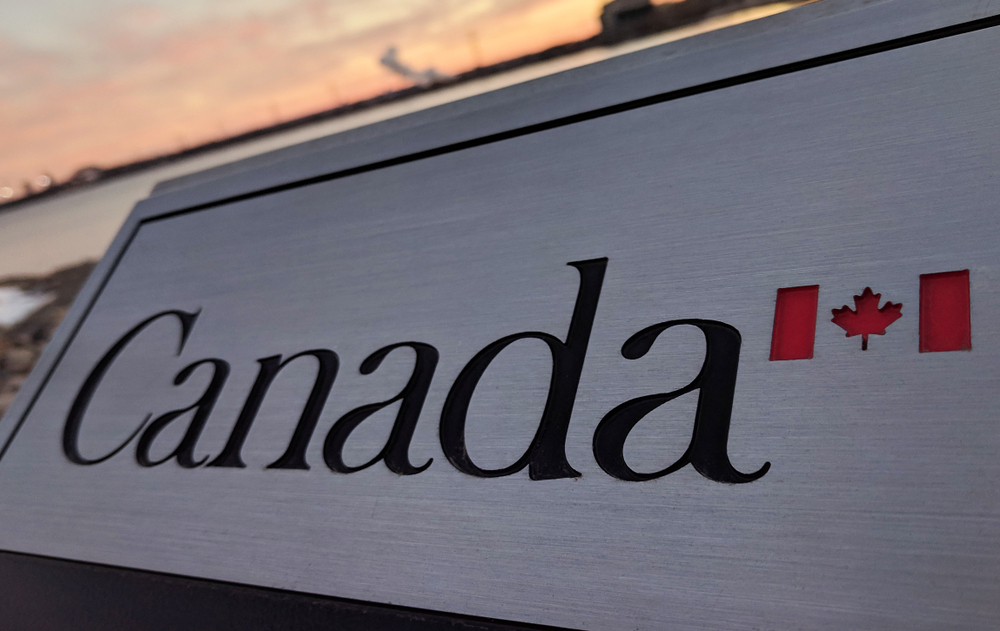Mortgages, investment loans, and student loans are viewed by many as “good debt.” These debts have historically had positive returns associated with them, as they build your wealth, which then helps to improve your lifestyle. There is never a guarantee, however, that history repeats itself. There are many pitfalls with these debts that we commonly overlook because of the prospect of favourable returns. This was The Globe and Mail’s finding on May 10, 2015, in “There’s No Such Thing As Good Debt.”
Key Takeaways
Mortgages
Mortgages are one type of debt that offers the ability to buy a residence, which has historically been an appreciating asset. The intention is to later sell above the purchase price. Mortgages are problematic, however, because homes do not necessarily rise in value above their costs; houses are expensive to own (including annual property taxes, annual maintenance costs, and home improvements that you may not be able to get returns on). Roughly, you can expect to spend an average of two percent of the value of the home each year on property taxes, insurance, utilities, and upkeep.
Another one percent can be added for renovation costs. Adding to this is the mortgage cost itself, and you also need to look at legal and realtor fees and land transfer taxes associated with selling, making it costly to sell a home. You also need to keep in mind that mortgages tie up a high proportion of your income, are the dominant share of household credit, and they are expensive to get out of. Homes have rapidly appreciated in recent years and have proven to be a great investment for those who purchased them 10 to 20 years ago, but that rise in value is unlikely to continue in the next 20 years. If houses continue to rise at the same rate over the next 10-20 years, it will become difficult to find a buyer. Houses purchased today are highly unlikely to be a good financial investment.
Read our guide – What is a Credit Score in Canada?
Investment Loans
Investment loans are another type of credit that look attractive in theory, but they do not necessarily work out. Leveraging (or borrowing to invest) has nearly doubled since 2009, paralleling the stock market’s major rebound from the latest stock market crash. Drawing from a personal line of credit, RSP loan, or margin investment accounts are examples of this type of borrowing.
The best time to get in the market is immediately after a crash, and some argue that markets are currently overinflated. We tend to believe that shares purchased with borrowed money will rise above our borrowing costs. This works if the markets rise, but not if the markets fall. The resulting losses can be just as big as the gains. Most people are unable to tolerate the ups and downs of the stock market, and too often investors panic. They then sell the plummeting investment and crystallize a loss instead of weathering the downturn. Investment loans are not for everyone, and those who use them may not fare as well as they expected when they first started.
Student Loans
A student loan is another investment that can turn out good or bad. There are no guarantees of any job after graduation, and many student loans result in degrees that are simply not marketable in the workforce. Today’s university graduates are often taking post-graduate college programs in order to find employment, which then increases the size of their student loan. The Canada Student Loan program itself has disadvantages; interest begins accumulating once you leave school, and you need to begin making repayments within six months after graduating, regardless of your income.
We regularly help to deal with student loan debt relief.
In past years, we could make generalizations about good debt, when homes were more affordable, markets rose steadily, and good jobs were in abundance. Today, the good debt mindset only seems to encourage us to take on uncertain debt. This does not mean you should avoid debt altogether, but you will want to consider a cautious approach to debt, including taking on debt only when it is the only choice and prioritizing the repayment of outstanding debt. We should not hang on to old notions that the investments associated with the debt will eventually rise in value, though we may be doing so to justify our borrowing habits. If these investments don’t work out, the losses can be tremendous.
At Harris & Partners Inc., we have new ways of thinking, and we work with your financial interests in mind. If you have questions about debt management or need more involved help, we can conduct a review of your financial situation to assess where improvements can be made. Obtain debt help by talking to one of our debt counsellors in Toronto or one of our other nine locations in the GTA and Southern Ontario today.









